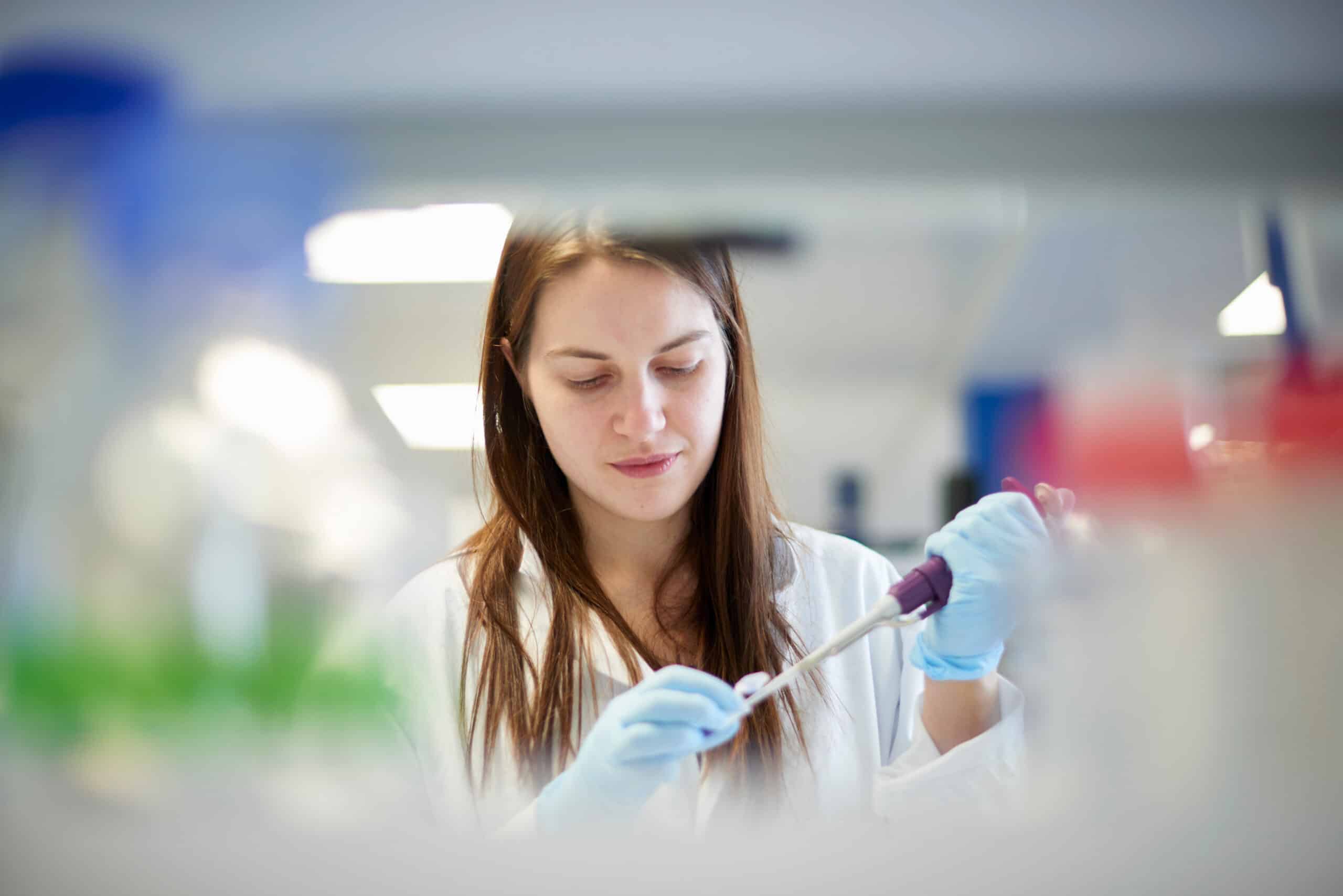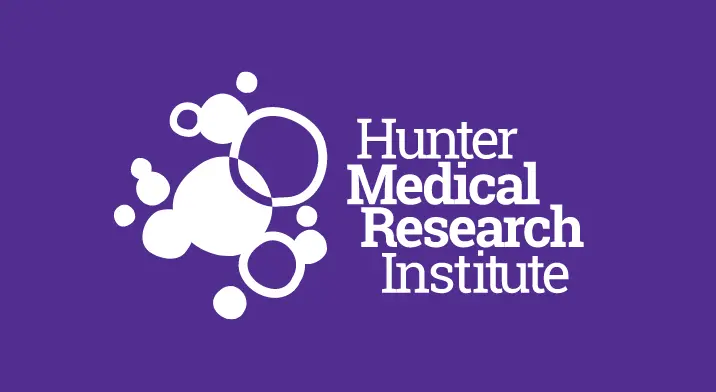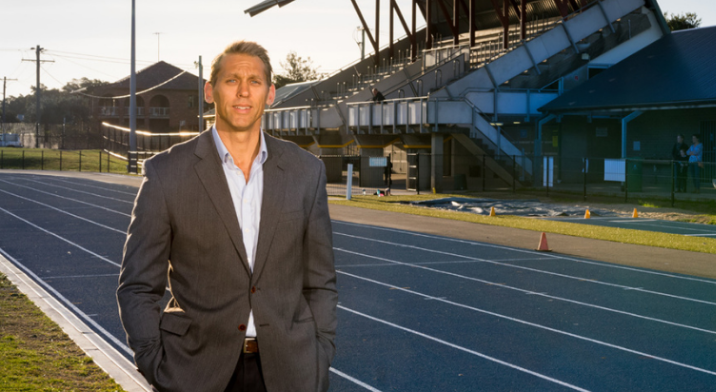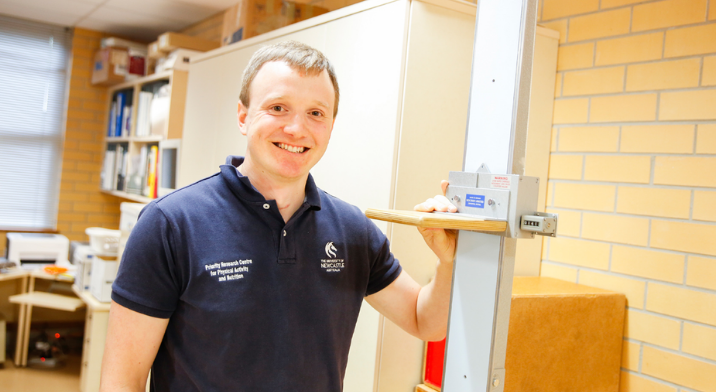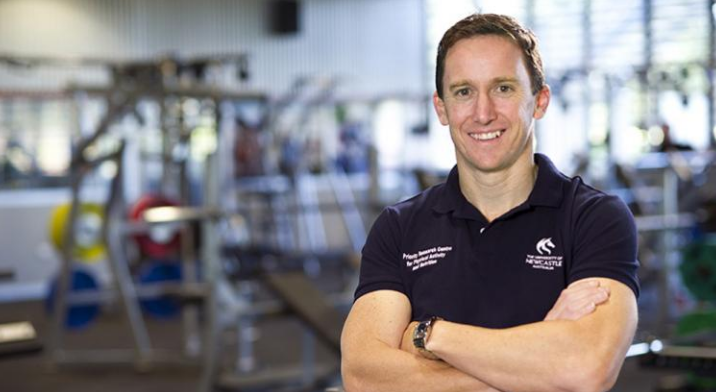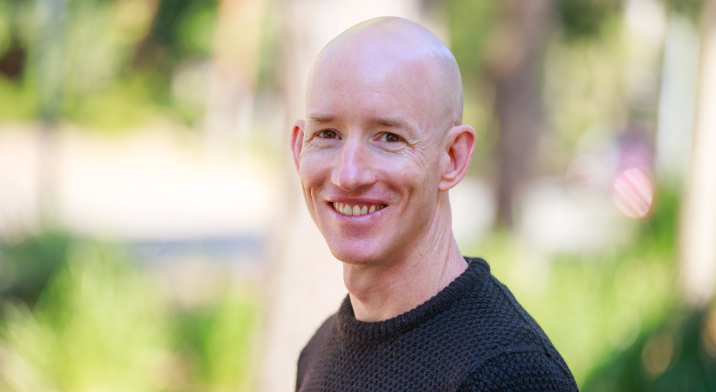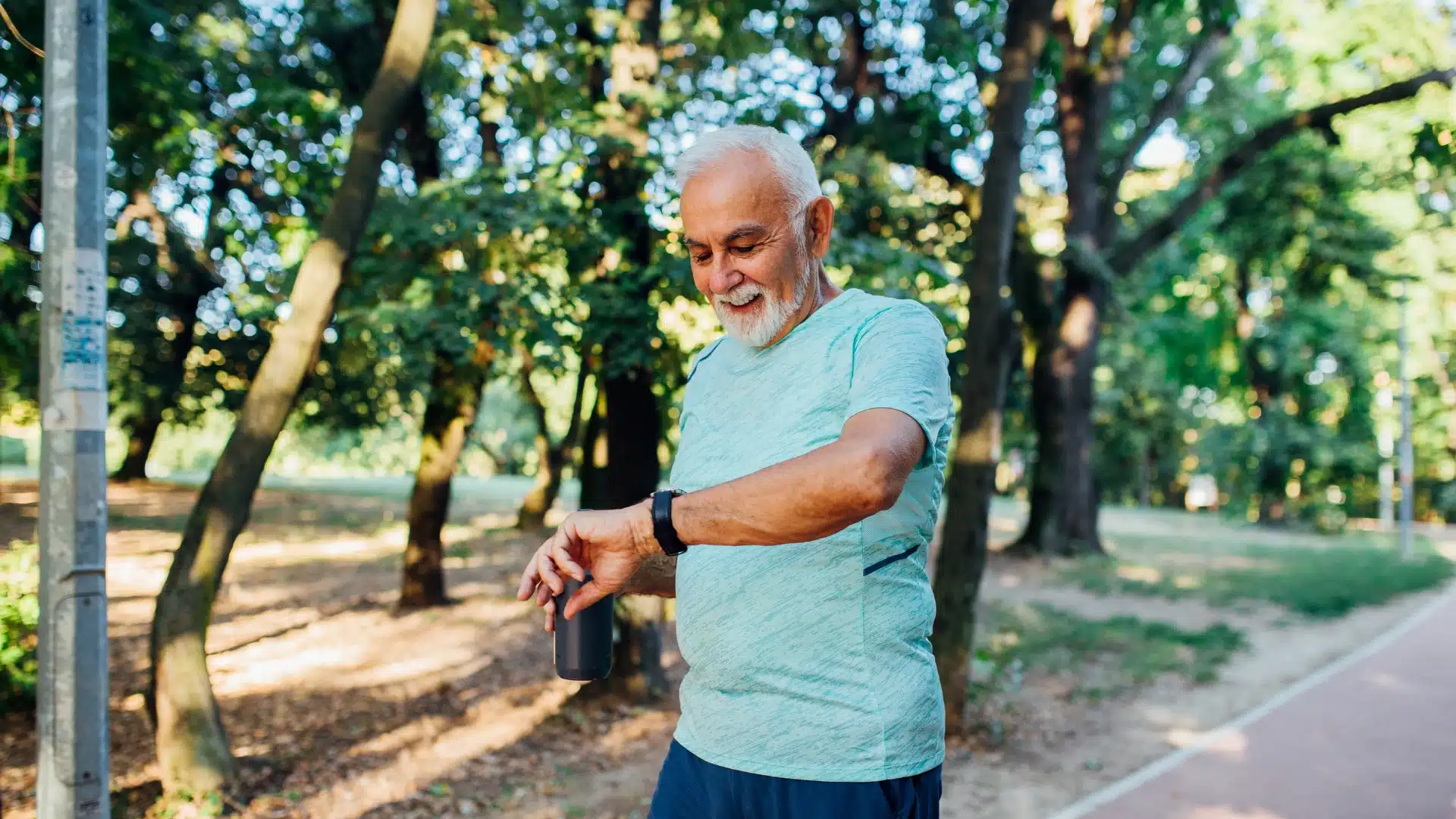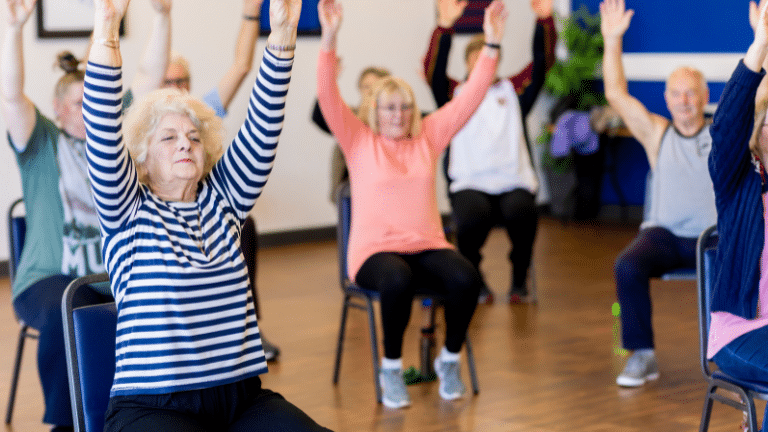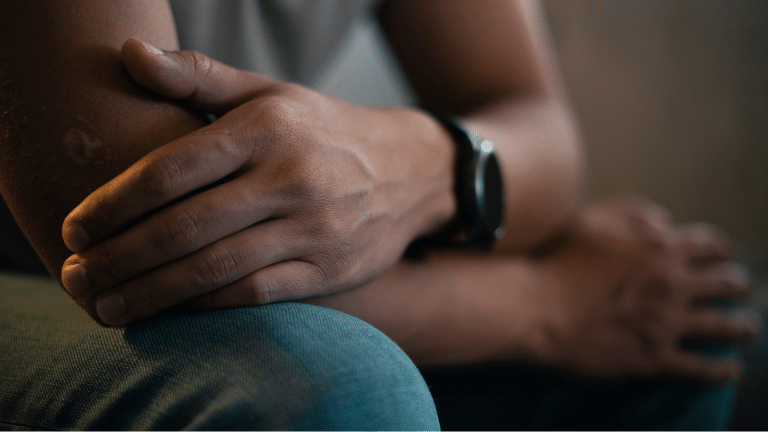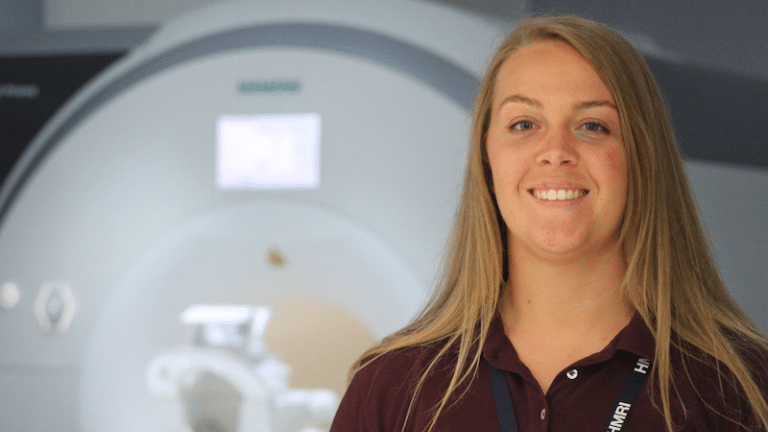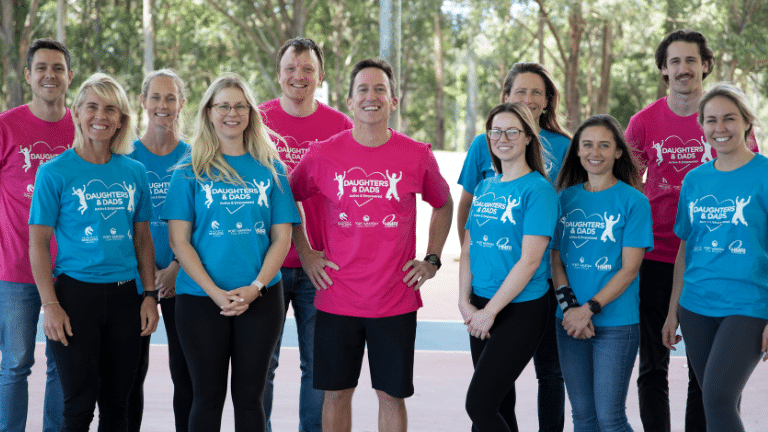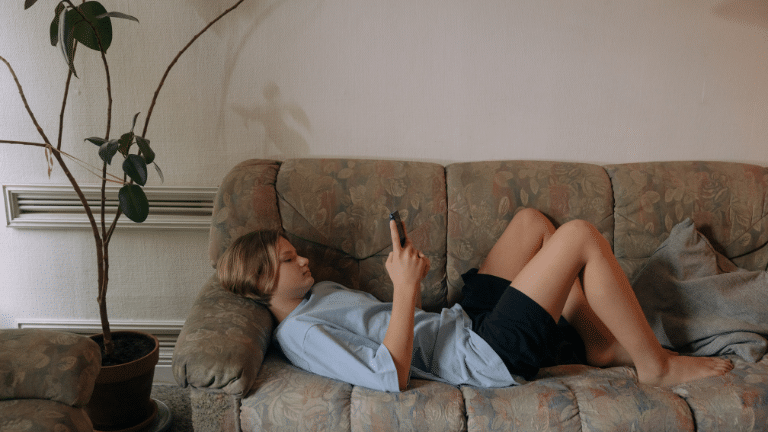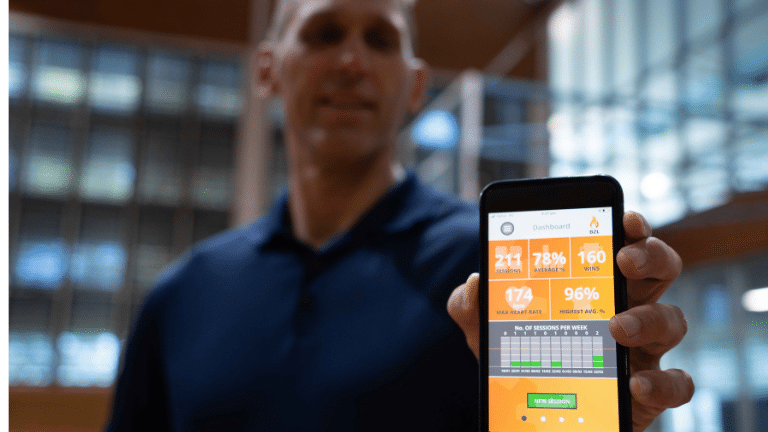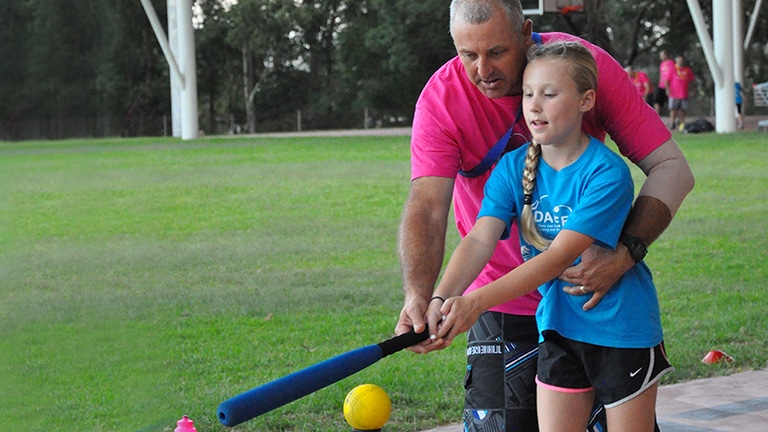We know that physical activity helps to prevent a range of physical and mental health conditions including cardiovascular diseases, diabetes, obesity, some cancers, and depression.
Being active also supports better sleep, improves balance and flexibility, builds bone density and improves musculoskeletal and reproductive health.
Surprisingly, physical activity has also been shown to have a protective effect against respiratory illnesses and viruses and enhance the effect of vaccinations.
Getting a good night’s sleep further benefits mental health and supports your body’s physical health and wellbeing. Quality sleep also supports healthy brain function, which leads to better decision-making, improved concentration and enhanced capacity for learning, making daily tasks easier.
1 IN 4
AUSTRALIAN ADULTS DON'T MEET PHYSICAL ACTIVITY GUIDELINES
3 IN 4
AUSTRALIAN ADOLESCENTS DON'T MEET PHYSICAL ACTIVITY GUIDELINES
48%
OF AUSSIE ADULTS HAVE POOR SLEEP
Sources: Australian Institute of Health and Welfare
Delivering evidence-based programs that promote active, healthy lifestyles
Our research aims to improve the health and wellbeing of the community through promoting healthy sleep habits and active lifestyles that include increased physical activity and decreased time spent sitting, lying down and on screens.
Our three-step approach is as follows:
- Develop and test cutting-edge programs that focus on the prevention and treatment of health issues arising from physical inactivity, sedentary behaviour and poor sleep.
- Use the findings to generate and communicate new knowledge to our community about the physical, mental, and cognitive benefits of physical activity and quality sleep.
- Develop practical solutions for our community and health practitioners to increase physical activity and improve sleep. This involves shaping our evidence into government policy.
Active living research in our community
Physical activity is vital to health and wellbeing across a variety of settings in our community.
With more than 30 members, our Active Living and Learning Research Program specialises in physical activity, fitness, sport, sleep, health and physical education, public health, and physical and mental health research.
The focus of the Active Living and Learning Research Program is on improving the health and wellbeing of communities locally and internationally via the development of targeted evidence-based programs that increase physical, social, and psychological health and achieve educational outcomes.
This work is conducted across diverse populations and settings, and our research is organised into four themes:
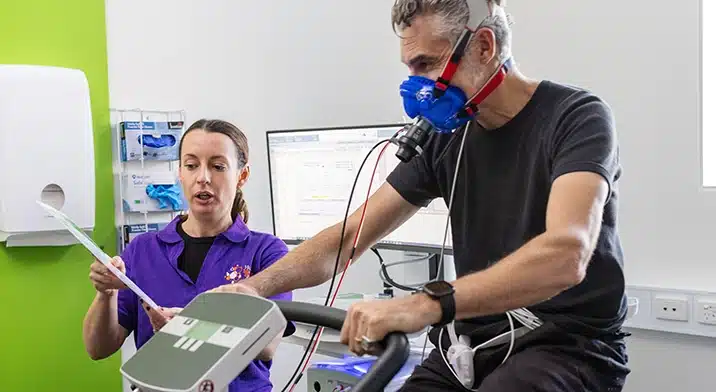
Clinical
Our clinical research theme focuses on using exercise to prevent and manage chronic disease and injuries, to improve health and quality of life across the lifespan.
Clinical theme projects are improving the lives of people with chronic health conditions such as diabetes, obesity, heart and lung disease, chronic pain, and mental health conditions, as well as those with muscle and joint injuries and during pregnancy.
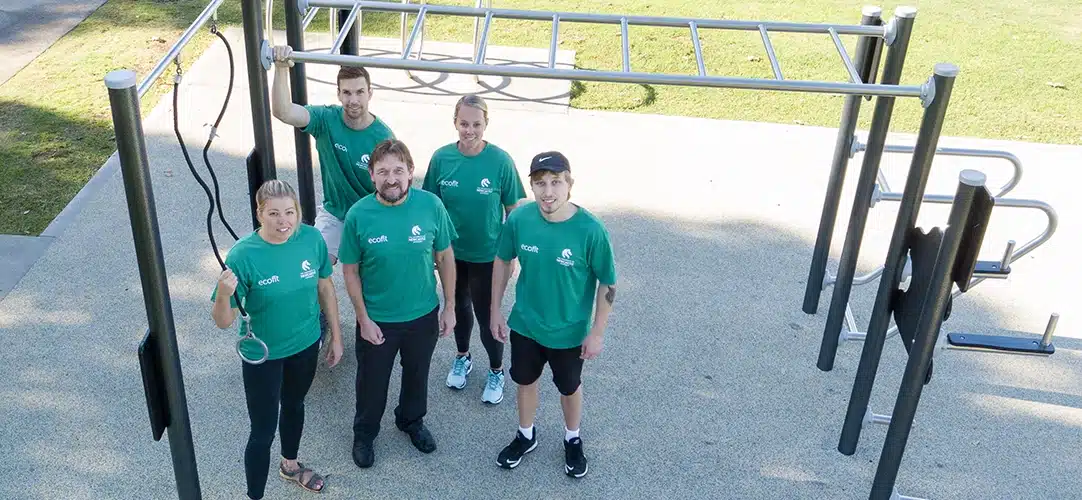
Community
Our community research theme is focused on designing and testing physical activity and population health interventions for the prevention and management of chronic diseases.
This research is conducted across a range of groups and various population settings including workplaces, clinical settings, sporting & coaching organisations, and the community at large.
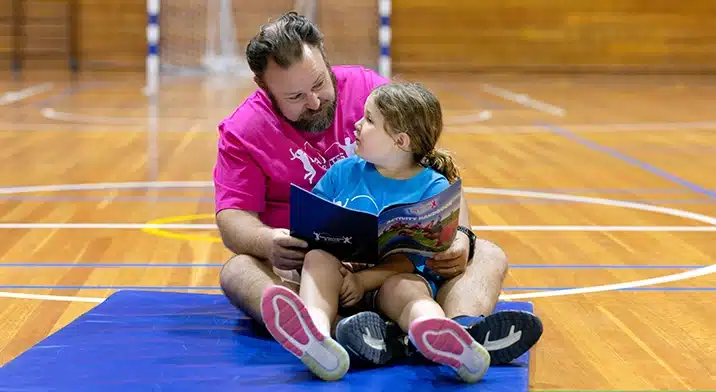
Families
Our families research theme aims to improve health and wellbeing through developing and evaluating targeted interventions in the context of families.
We have a unique focus on interventions that target fathers/father-figures as agents of change within their families. Our internationally acclaimed programs are now being scaled up across the nation and expanded worldwide following unprecedented demand from the global academic community as well as from not-for-profit, government and corporate organisations.
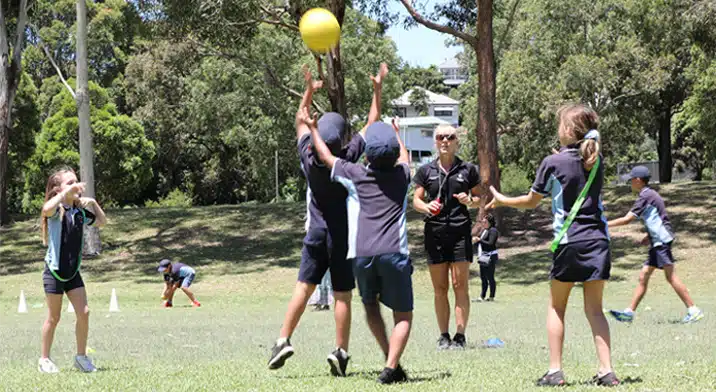
Schools
Research in our schools theme is focused on school-based interventions designed to promote physical activity in Australian schools.
Our fitness and exercise programs are improving fitness and wellbeing in young people in primary and secondary schools.
We conduct research across these settings using our findings to tailor delivery within each environment. This allows us to create multiple touchpoints throughout a person’s life and gives our community members many opportunities to engage with and benefit from our programs.
We are also extending the reach of our existing research into regional and rural communities with targeted populations including First Nations people and people with disability.
Partnerships accelerating progress
We have an array of national and international partnerships with state and local government, non-government organisations (such as the Heart Foundation and Cancer Council), sporting groups and industry organisations.
The strength of these partnerships means that our research is implemented directly into schools, families, communities, workplaces, clinical settings and sporting organisations.

